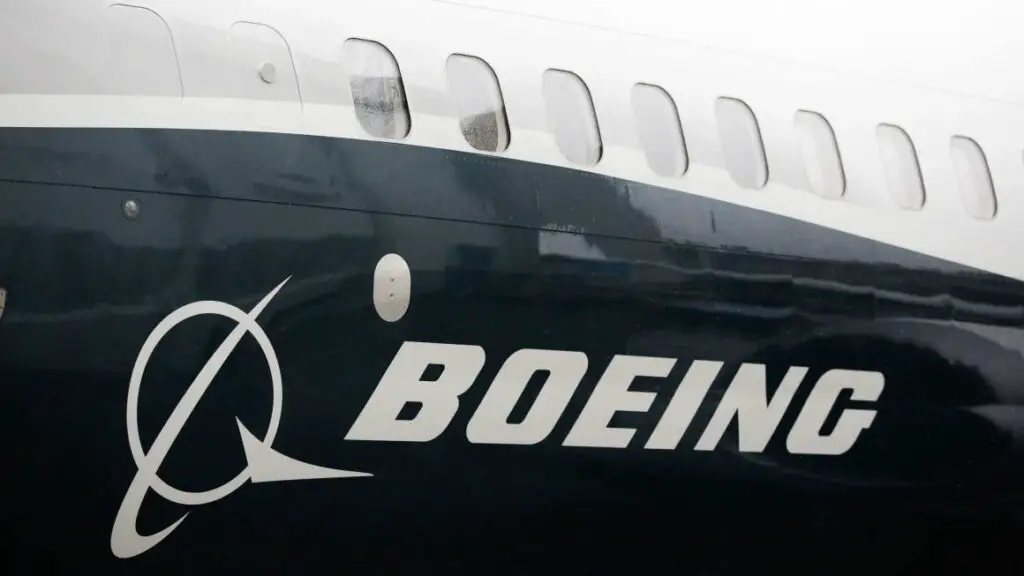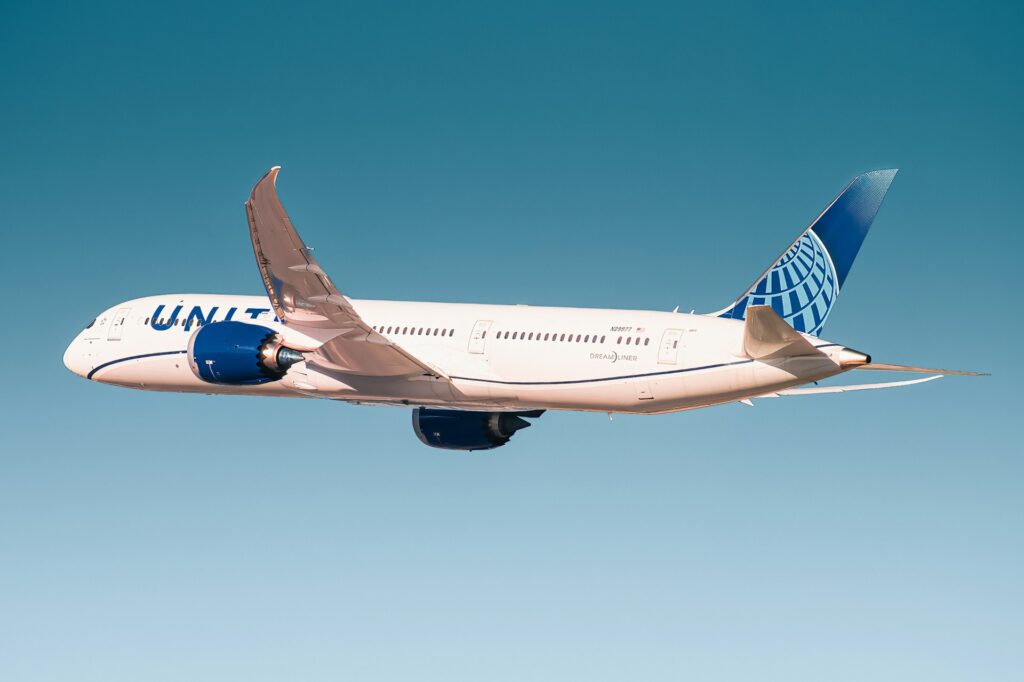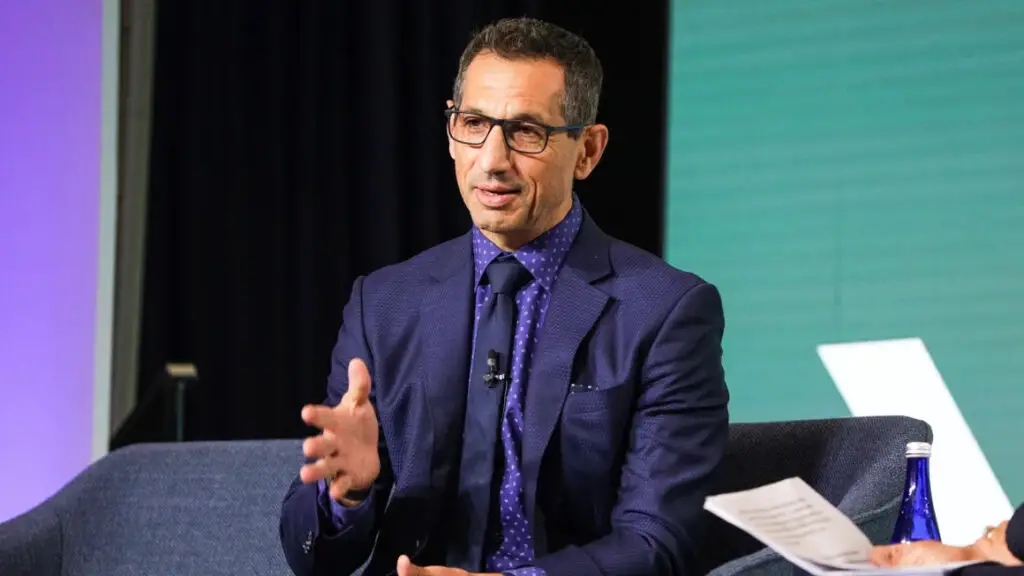After an emergency landing incident, Alaska Airlines CEO Ben Minicucci shared troubling news about loose bolts on multiple Boeing 737 Max 9s. This discovery led Boeing to halt operations for a “quality stand down” at its Washington facility. Airlines are increasingly unhappy with Boeing’s quality control. The industry is closely monitoring these developments, concerned about the safety and reliability of the Boeing 737 Max 9s.
The Emergency
In a recent interview with “NBC Nightly News,” Alaska Airlines CEO Ben Minicucci expressed frustration and anger following the dislodgment of a door plug mid-flight on a Max 9 aircraft. Minicucci expressed his discontent, stating the incident was unexpected and unacceptable. This occurrence necessitates a deeper inspection of Boeing’s practices, bringing into question the efficacy of their quality assurance protocols. Furthermore, the CEO’s robust response highlights the imperative for scrutiny and enhancements in guaranteeing the safety and reliability of Boeing’s airplanes.
Boeing’s Response

Boeing is taking a pause, calling it a “quality stand down,” at its Renton, Washington facility. The team is responsible for production, delivery, and support and is taking a day to address quality concerns. This decision follows recent incidents, prompting CEO Stan Deal to acknowledge Boeing’s shortcomings. In response, he lays out plans for a thorough solution to enhance the overall quality of Boeing’s aircraft. Boeing strives to reassess processes and guarantee that future products adhere to the highest standards. This “stand down” reflects Boeing’s commitment to rectify issues and prioritize quality.
Alaska Airlines’ Oversight
Minicucci strongly stresses the importance of Boeing improving its quality control procedures, reports CNN. Recognizing the urgency, Alaska Airlines introduces additional supervision to Boeing’s production line, indicating a lack of trust in the current processes. This move underscores the airline’s concern about the safety and reliability of Boeing’s aircraft. Minicucci insists on substantial improvements from Boeing to restore trust. In response to recent incidents, Alaska Airlines has decided to take proactive steps to ensure the highest standards in aircraft manufacturing. This cautious approach reflects a broader industry demand for enhanced safety protocols and accountability in airplane production.
FAA Investigation
The Federal Aviation Administration (FAA) has advised airlines to examine door plugs on older Boeing 737 models. During routine checks, both Alaska and United Airlines have identified instances of loose bolts, leading the FAA to launch a formal investigation into Boeing’s broader quality control practices. This move comes in response to concerns about the safety and reliability of Boeing aircraft. The FAA’s decision to investigate indicates a proactive stance on ensuring passenger safety and addressing potential issues within the aviation industry. This emphasizes the need for meticulous examination of aircraft components to maintain industry standards.
Inspection Challenges
Minicucci details that the scrutiny for loose bolts demands about 10 hours for each door, underscoring the meticulous approach essential for aircraft safety. This prolonged inspection period is crucial to guarantee that every component is secure and functioning properly. During this time, experts carefully examine each door, leaving no room for oversight or shortcuts. This meticulous examination is crucial in ongoing efforts to uphold the highest safety standards in aviation. It demonstrates the airline’s commitment to passenger safety and emphasizes the gravity of ensuring that every bolt is securely placed before the aircraft takes to the skies.
United Airlines’ Frustration

United Airlines, a significant purchaser of Boeing aircraft, expresses dissatisfaction and concern over Boeing’s ongoing production issues. CEO Scott Kirby expresses disappointment with the consistent challenges faced by Boeing in manufacturing. He expresses concern about Boeing’s overall performance and subtly hints at reconsidering future plans with the aircraft manufacturer. Moreover, this signals potential changes in United Airlines’ strategic approach towards Boeing, highlighting the growing impact of manufacturing challenges on the relationship between major carriers and the aircraft manufacturer.
Uncertain Future for Boeing
United Airlines, owning a considerable fleet of 79 Max 9s, is now considering its ongoing association with Boeing. The recent grounding of Max 9s holds substantial weight in this contemplation. This possibly influences decisions concerning the as-yet-unapproved 737 Max 10. The airline industry giant is carefully evaluating its options in light of safety concerns and the potential impact on its operations. The uncertainty surrounding the Max 10 certification further complicates United’s decision-making process, emphasizing the need for a comprehensive and informed approach to ensure the airline’s future stability and passenger safety.
To read a recently viral legal story, click here.
Impact on Boeing’s Orders
Boeing encounters a cloud of uncertainty concerning orders for the pricier 737 Max 10. United Airlines, possessing the highest number of Max 9s, hints at possible alterations in its future strategies. This situation presents notable challenges for Boeing’s ongoing operations and market outlook. Potential adjustments by United may affect Boeing’s production and delivery schedules. As the aviation industry observes these developments, the fate of Boeing’s Max 10 orders hangs in the balance. Plus, it draws attention to the need for careful consideration and strategic decisions to navigate through this challenging period.
Industry Repercussions
The recent incident involving a loose bolt on the Boeing 737 Max 9s has raised concerns about Boeing’s standing in the airline industry. Both Alaska and United Airlines made their dissatisfaction clear, casting a shadow over Boeing’s reputation. The industry is closely watching the development and is curious about Boeing’s response to this issue. The consequences of this case go beyond the specific airlines involved and affect Boeing’s overall image and credibility.
Boeing’s Apology and Pledge
Boeing Commercial Airplanes CEO Stan Deal publicly apologized, recognizing the considerable disruption experienced. In response to the incident, Boeing unveiled a plan to resume Max 9 operations and pledges to enhance quality and delivery standards. The apology emphasizes Boeing’s commitment to addressing the issue promptly and ensuring a more robust performance in the future. Deal’s acknowledgment of the disruption signals Boeing’s awareness of the severity of the situation.
Bottom Line
The discovery of loose bolts on Alaska Airlines’ Boeing 737 Max 9 planes exposes a significant issue in Boeing’s quality control. As the FAA investigates, uncertainty looms over the aviation industry. Simultaneously, United Airlines is reconsidering its association with Boeing. The repercussions extend to Boeing’s reputation and the fate of orders for the Max 10. Overall, this heightens the urgency for immediate and effective corrective actions. The need for swift measures is crucial to address the gravity of the situation and restore confidence in Boeing’s commitment to safety and reliability.


[…] extreme cases, passengers may choose to sue an airline. However, this is a complex and time-consuming process, requiring a thorough understanding of […]